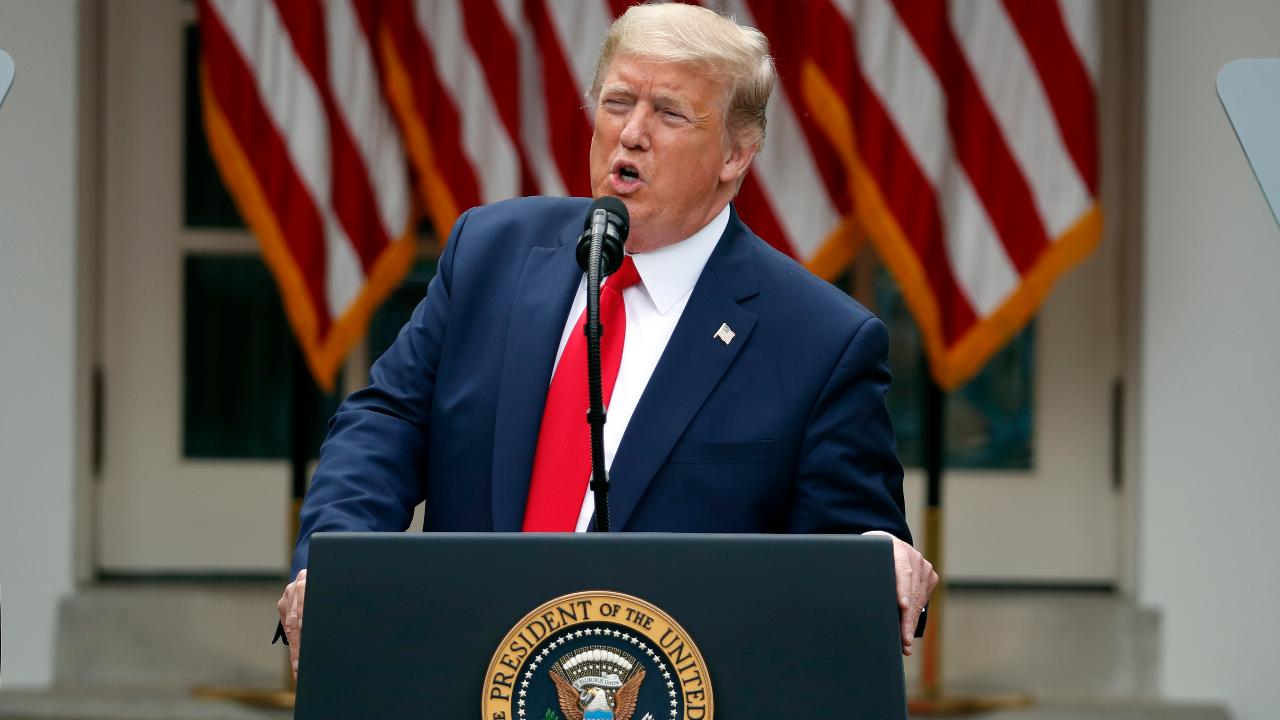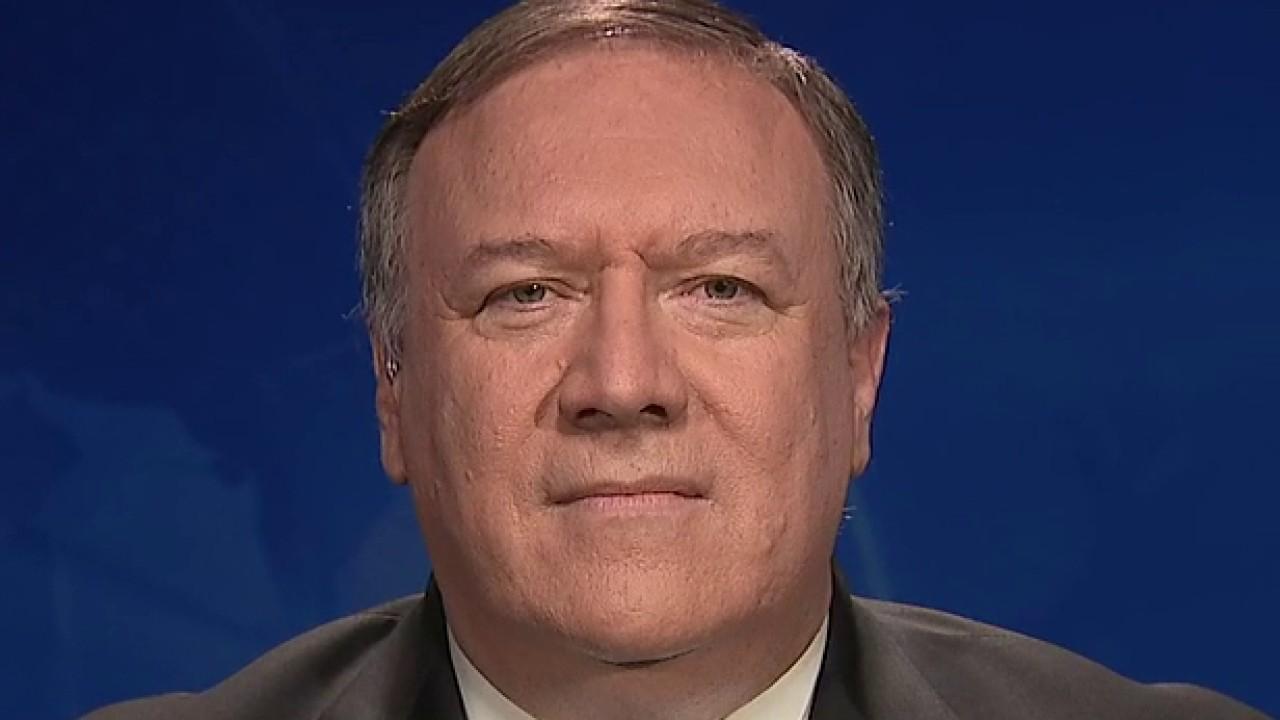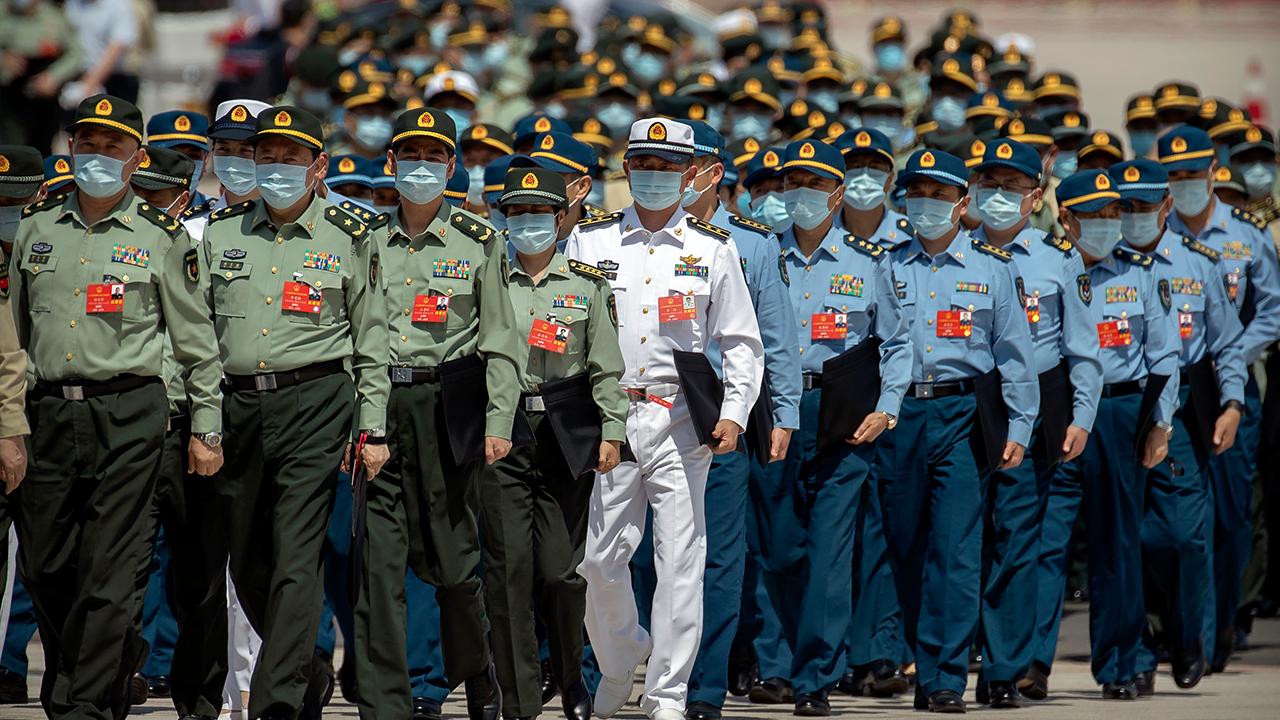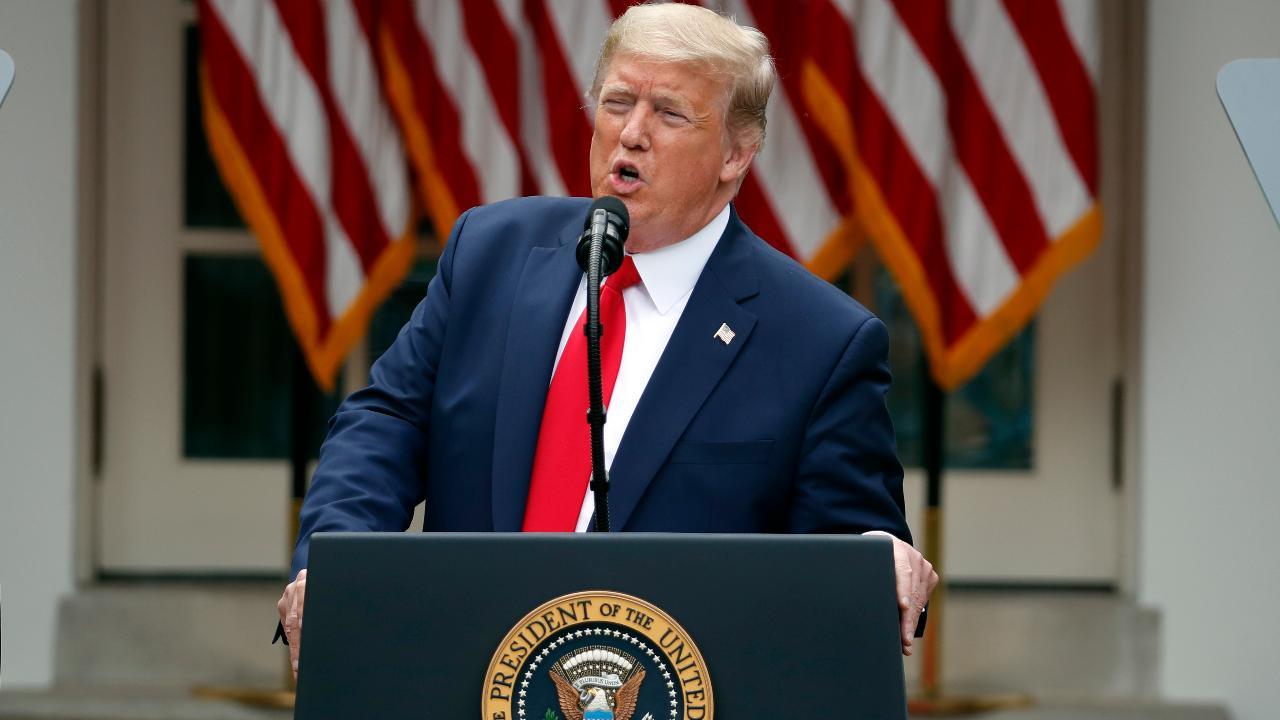Sanction Chinese banks for Beijing's repression in Hong Kong
President Trump must make Beijing pay dearly for squashing home rule in Hong Kong
A failure by President Trump to make Beijing pay dearly for squashing home rule in Hong Kong would prove correct Mao's assertion that America is a paper tiger. It would also spell the end of the Western Alliance as an effective bulwark for democracy and could inaugurate the Chinese Century.
When China took control of Hong Kong from the United Kingdom in 1997, it agreed to permit the city-state home rule and to continue its market economy for 50 years in exchange for recognition of Beijing’s sovereignty — the two systems, one country solution.
CHINA WIELDS CURRENCY AS WEAPON WITH TRUMP TENSIONS RISING
After months of demonstrations against Beijing's attacks on Hong Kong’s political autonomy, the Chinese legislature is imposing a National-Security Law that effectively curtails free speech and other civil liberties and establishes that the Chinese Communist Party will make law in the city-state and generally suppress dissent. It will permit mainland China's security agencies to police Hong Kong.
Secretary of State Pompeo declared the United States will no longer treat Hong Kong as an autonomous territory.
The United States may now impose the same tariffs on Hong Kong's exports into the United States as it does mainland exports, but the United States enjoys a large trade surplus with Hong Kong. Those tariffs would penalize American exporters more than Hong Kong businesses.
The Commerce Department may now restrict U.S. sales of high-tech products but China's national champions, not competitors in Hong Kong, pose the real threats to American preeminence.
HONG KONG'S 'ONE PARTY, TWO SYSTEMS' RULE IS DEAD, ACTIVIST WARNS
The administration can restrict visas and impose sanctions on individuals and companies that enable Beijing's policy but those kinds of measures have proven ineffective for dislodging Russia from Crimea.
The real hammer and anvil would be sanctioning Hong Kong and Chinese banks.
Mainland banks have more than $1 trillion dollars in assets in Hong Kong banks. They do much of their global business through the city-state, because their Shanghai operations are burdened by Chinese capital controls.
Denying Hong Kong banks access to the international dollar transactions system controlled by American commercial banks and the Federal Reserve—and similarly denying access to Chinese and other foreign banks that do business directly or through Shanghai with financial entities in Hong Kong—would strike a terrible blow on Beijing’s soft power and its coronavirus-impaired economy.
China needs access to the U.S. dollar’s international plumbing to finance its Belt and Road global infrastructure initiative, and more than 70 percent of its international trade and the vast majority of China’s investment in foreign companies and foreign investments in China go through Hong Kong’s financial system.
China has used the influence it welds through the Belt and Road initiative to pressure recipient nations to dampen criticism of its actions, and split the prosperous northern states and poorer Italy and Eastern European states.
The Europeans continue to vacillate. The Germans, French and others recognize the systemic threat posed by China but want to continue exporting into its rich markets.
They have responded weakly to China’s bullying of the World Health Organizations into helping Beijing deny culpability for the Coronavirus pandemic, and have not joined the United States in rebuking the institution for its new Beijing-client status.
GET FOX BUSINESS ON THE GO BY CLICKING HERE
Now with Beijing’s power grab in Hong Kong, continental states issue weak statements of concern while seeking dialogue to constrain Chinese actions in the city-state and its broader efforts to establish tributary relationships with countries where Beijing pours aid.
It’s an all too powerful reminder of Chamberlain’s appeasement of Germany’s seizure of the Sudetenland.
The story repeats in other venues—WTO reform, former IMF Director and French Finance Minister Christine Legarde assigning the yuan reserve currency status when it is not even freely convertible or regarded as a safe asset like the yen, euro or pound, and Germany’s efforts to enable Huawei’s buildout of 5G technology on the continent.
By sanctioning all foreign banks, not just Chinese financial institutions, that do business with Hong Kong and Chinese banks and corporate entities that enable Beijing’s oppression, the United States would force Deutsche Bank and BNP Paribus, the largest banks in Germany and France, their smaller brethren to make a choice—do business in New York or Shanghai.
It would put German Chancellor Merkel and her lesser colleagues on the continent on notice—it’s time to choose sides.
They might not like President Trump and his America First policies, but he is a transient figure—America is still America and President Xi has revealed to the world that China is a menacing fascist state.
Peter Morici is an economist and business professor at the University of Maryland, and a national columnist.
CLICK HERE TO READ MORE ON FOX BUSINESS























